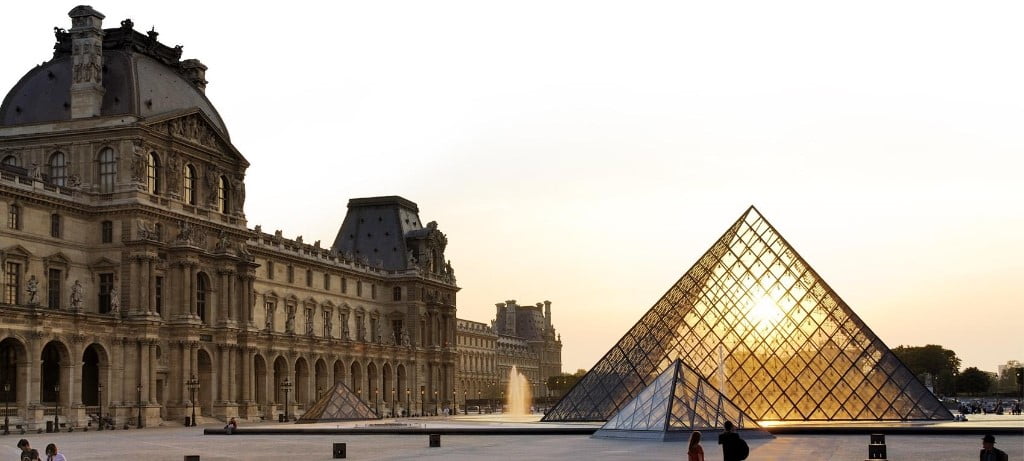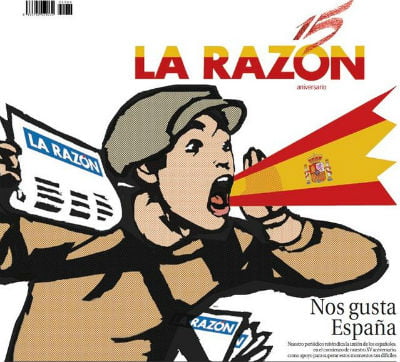Does French Culture Have a Future? Entrevista a Pierre Manent

Este es un fragmento de la entrevista que
This interview of Pierre Manent, former director of studies at the École des Hautes Études en Sciences Sociales in Paris, was conducted by the newspaper Il Foglio in the wake of the ISIS murder of Fr. Jacques Hamel.
Il Foglio
What do you think and feel about the recent attack at a French church? No priest had been killed in odium fidei (out of hatred for the faith) since the Second World War.
Pierre Manent
Imagine this scene: a mid-week mass, an almost empty church, two parishioners, three nuns, a very old priest with a mild, fine face who is immolated at the foot of the altar on which he has just celebrated the memorial of Christ’s sacrifice. This heart-wrenching scene sheds light on the state of Christianity in Europe. The Catholic Church lives from the faith and zeal of a few, old and young. It is the object of hatred with two faces: the cold and hissing hatred, the contempt of the class that speaks and writes; and the murderous hatred of Muslim fanatics. The French as a human whole do not know what to do with the Church, what to think or what to say of it. The President of the Republic rushed in to express his sympathy for “Catholics,” but then immediately changed the subject, since he didn’t know what to say about Catholics or the Catholic Church. Only the mayor of the little worker’s town, a communist, knew to speak of “our priest.”
Il Foglio
France looks exhausted. … What are France’s mistakes, especially those of the elite media and intellectuals, and what is the nature of its malaise?
Pierre Manent
The French are exhausted, but they are first of all perplexed, lost. Things were not supposed to happen this way. … We had supposedly entered into the final stage of democracy where human rights would reign, ever more rights ever more rigorously observed. We had left behind the age of nations as well as that of religions, and we would henceforth be free individuals moving frictionless over the surface of the planet. … And now we see that religious affiliations and other collective attachments not only survive but return with a particular intensity. Everyone can see and feel this, but how can it be expressed when the only authorized language is that of individual rights? We have become supremely incapable of seeing what is right before our eyes. Meanwhile the ruling class, which is not a political but an ideological class, one that commands not what must be done but what must be said, goes on indefinitely about “values,” the “values of the republic,” the “values of democracy,” the “values of Europe.” This class has been largely discredited in the eyes of citizens, but it occupies all the positions of institutional responsibility, especially in the media, and nowhere does one find groups or individuals who give the impression of understanding what is happening or of being able to stand up to it. We have no more confidence in those who lead us than in ourselves. It is neither an excuse nor a consolation to say it, but the faults of the French are those of Europeans in general. (…)
Seguir leyendo en First Things.

